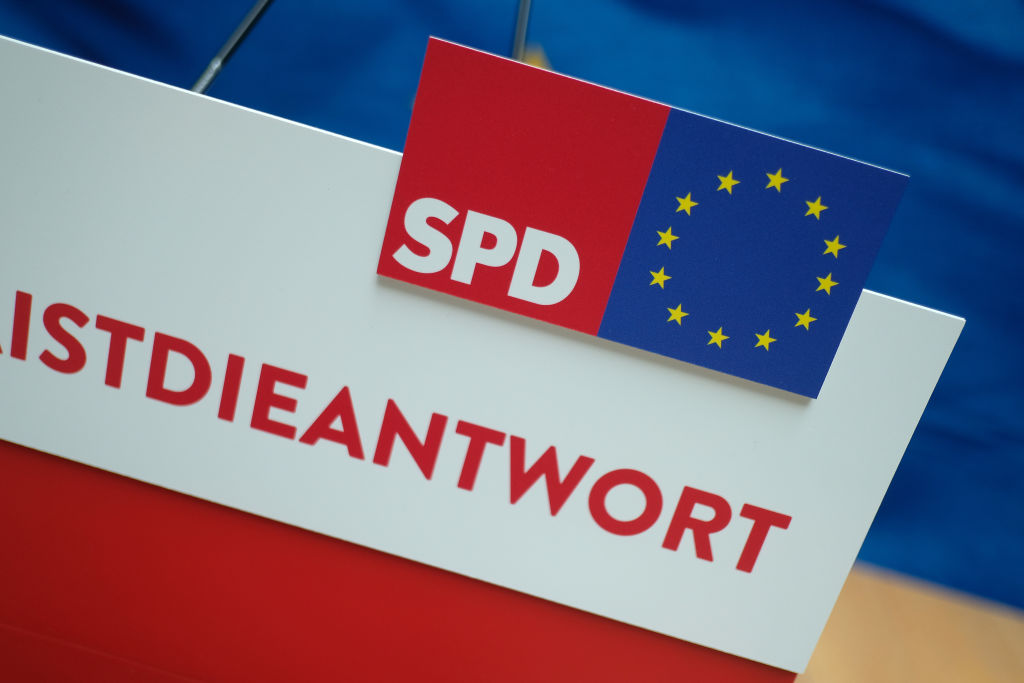Peter Pellegrini’s election as Slovakia’s President is being decried by the Brussels elite as yet another sign of supposedly worrying populism. Rather than decry his victory, they should be trying to understand why so many people across the European Union find this sort of politician so attractive.
It is not hard to find the answer if one wants. Current EU policies on a host of issues primarily benefit the educated, secular, and well-off. Those afflicted by this consensus have become restless as they see incumbent parties fail to deliver change or often even treat them with respect. Populism is not an aberration under those circumstances: it is the only logical course available.
This trend is not merely an Eastern European phenomenon. Portugal’s recent election saw the populist Chega nearly triple its share of the vote as the long dominant Socialists and Social Democrats dropped. Chega’s voters came from the same demographic groups that fuel populist parties elsewhere: the young, the less educated, and males. These Portuguese rationally concluded that only an outsider party could drive real change.
Pellegrini won in Slovakia because these voters are a clear majority. His opponent, Ivan Korcok, swept the Bratislava capital region by nearly a 2-1 margin. Korcok also carried Slovakia’s second largest city, Koslice, by a similar margin. Bratislava’s GDP per capita is more than 2.5 times that of the rest of the country, so it’s understandable why these voters did not want radical change. The rest of the country, which hasn’t benefitted as much from the last twenty years of EU membership, overwhelmingly backed Pellegrini.
These results are nearly identical to those found in much-maligned Hungary. Budapest is nearly three times as wealthy as measured in GDP per capita than anywhere else in the country. Not surprisingly, it is also the bastion of the opposition to Prime Minister Viktor Orban. Orban’s majorities, like Pellegrini’s, come from the much poorer countryside.
Citizens in places such as these are not benefitting as much from public or private investment. They are likelier to compete with immigrants for jobs, if migrants settle in the country. They also tend to be more socially conservative. It should not be surprising, then, that they reject EU policies that favour green growth over traditional industries; that are unwilling to just say no to migration; and which deride traditional mores as outdated if not wholly unacceptable.
Unwillingness to slow down the rate of change driven from Brussels is fuelling populism even in the more educated and prosperous nations in the Union. France has a similar economic profile to Hungary or Slovakia. The Paris region, the Ile de France, is nearly 60 percent wealthier than the next richest provinces and twice as wealthy as any other. It should not surprise, then, to learn that President Macron received his highest percentage in Ile de France, beating populist Marine Le Pen by nearly 3-1 there.
Macron won that race by 17 points because he also carried many poorer regions. But the most recent poll for the 2027 contest found that either LePen or her deputy, Jordan Bardella, would get 50 percent or more in a runoff against a leading candidate from Macron’s coalition. Those totals are nearly identical to those found in Hungary or Slovakia, where populist candidates or parties get slightly more than 50 percent.
Another recent poll shows that LePen draws support from the same demographics as populists elsewhere. She does best with employees and manual laborers and worst with managers and professional. She does best with the middle classes; support for her in the first-round drops to a mere 14 percent among French households earning over 5,000 Euros a month. Most importantly, her support is inversely related to educational attainment. She does best (52 percent) with the least educated and worst (13 percent) with the best.
Nor can the existing elites count on antipathy toward Russia to counter these developments except in nations directly threatened should Russia conquer Ukraine. It is evident that economically pressed, non-elite voters want their needs addressed and do not want them pushed aside to combat Russia. Whether that is right or not is immaterial; politics always teaches that perception matters more than logic.
These facts make two conclusions unavoidable. First, incumbent parties and the elites that back them must start to change the way they govern, incorporating key populist demands into their platforms, or they risk being pushed aside by the growing populist wave. Second, populists must adapt themselves the closer they get to power, making concessions as needed to ensure they have the popular backing to drive the change their countries and the EU need.
Change is coming to the EU, and it is not the change the Brussels elite want. The powers that be have only two choices: adapt or die.





